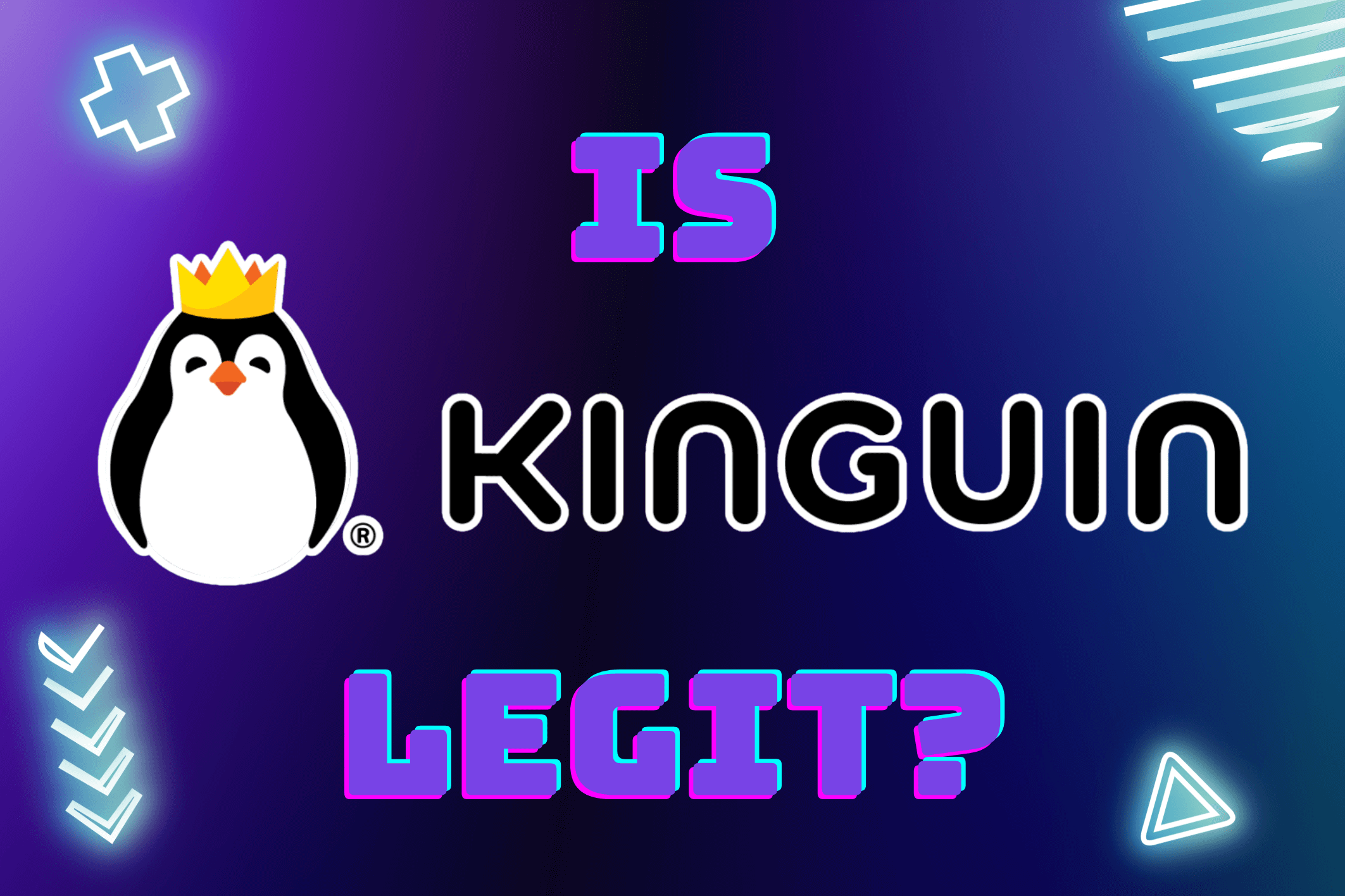What are the Best Value Mobile Networks?
Find out which mobile networks offer the cheapest contracts, SIM-only options & pay-as-you-go plans and save on your monthly mobile bills.


Many of us would be lost without our mobile phones, but our handsets are nothing without the data & minutes in our mobile phone plans. Whether you opt for a contract, SIM only deal or pay-as-you-go, there are plenty of options on the market to choose from, and picking between different providers can be a tricky affair.
In this guide, we’ll take a look at the different mobile networks available in the UK, diving into their cheapest contracts, SIM-only plans & pay-as-you-go options to find out which are the best value. We’ll also give you some tips on how to get the cheapest plans & save on monthly costs so you can get your money’s worth from your mobile.
Which networks can I choose from?
There are four main mobile networks in the UK - EE, O2, Three & Vodafone. These four companies own most of the infrastructure that provides signal to customers across the country, and are sometimes known as Mobile Network Operators, or MNOs. To provide a signal to their customers, all other mobile phone providers need to partner with one of these larger brands in a process sometimes referred to as “Piggybacking”.
Let’s look at an example. Giffgaff piggybacks off of O2, meaning that O2 has agreed to provide signal to all Giffgaff customers. All information transmitted to & from Giffgaff customers travels through O2’s networking infrastructure - signal on Giffgaff relies on O2 masts, and so Giffgaff customers get the same coverage as O2 customers would.
Companies that need to piggyback off of one of the big four networking companies are sometimes referred to as Mobile Virtual Network Operators (or MVNOs for short). When choosing an MVNO, it’s important to know which networks they use to provide signal.
For example, if you’re changing networks because you’re on EE and you experience signal issues in your area, you’ll need to make sure you choose a new network that doesn’t partner with EE if you want to improve your signal. Some examples of MNOs and which networks they piggyback off can be found below:
| Main Mobile Network/MVO | Piggybacking Networks/MVNOs |
|---|---|
| EE | BT mobile, Co-op, Plusnet |
| O2 | Giffgaff, Virgin, Tesco, Sky |
| Three | iD Mobile, Smarty |
| Vodafone | VOXI, ASDA |
What types of plans can I get?
Whichever provider you decide to pick, you’ll have a number of different types of plans to choose from. How each type of plan works varies, and which is better value for money will depend on how often you use your phone, how much data, texts & minutes you need each month, and whether or not you already own the handset you’ll be using. We’ve broken each type down below.
Contracts
Contracts are the most structured phone plans. They last for a predetermined period, usually between 12 and 36 months, and are paid monthly. Contracts cover a handset and a plan, meaning you’re effectively buying a phone over the course of a year or longer. As such, monthly costs are usually higher than SIM Only or Pay As You Go alternatives. Some contracts may also include some upfront costs.
Although they are usually more expensive than buying a new handset outright, contracts will save you on the cost of paying everything upfront, making them worth considering if you need a new device. Many contracts also offer generous amounts of calls, texts & data, and can often cover the latest handsets. Once your contract is paid off, you’ll own your phone, and you’ll be free to choose a new monthly plan from here if you like.
However, contracts aren’t the best option if you want flexibility. Leaving a contract before it’s finished tends to be difficult, and if you want to quit early, you’ll more than likely need to pay the remainder of what you would have paid plus an additional fee. Traditionally, contracts would leave you stuck with the handset you’ve chosen until everything has been paid off, but some networks now offer upgrade plans that let you switch to a newer handset before your contract ends. Be wary - these can add extra costs in the long run.
Contracts are technically a credit agreement, meaning you’ll need to pass a credit check to sign up for one. It also means that missing payments will negatively affect your credit rating, so you should make sure you can keep on top of payments before you sign up. Although you won’t pay interest, you should expect to pay a little more for your phone over the course of your contract than you would buying it outright in exchange for the option to spread the costs over time.
By signing a contract, you also usually agree to accept price changes at any point before the contract is up, and mid-contract price hikes are a common practice across most major networks. Prices tend to change around April each year regardless of when your contract started, meaning you should expect costs to jump in spring, no matter when you signed up. In 2023, the largest price hikes added 17% to monthly contract costs. When shopping for contracts, budgeting for 20% more than what you signed up will help you avoid being unable to afford your contract further down the line.
SIM Only
SIM Only deals are much simpler than contracts - they just cover the cost of a SIM card, meaning you only pay for your plan. You’ll be charged monthly like you would on a contract, but you aren’t locked in for a set amount of time, meaning you can change plans whenever you like without incurring any additional fees.
The biggest pro of SIM Only deals is their flexibility - if a certain plan doesn’t work for you, you can just change it the following month. You aren’t locked in to a commitment, and you won’t usually pay any upfront costs. Find yourself using a lot of data each month? You’ll have plenty of options with generous allowances to choose from, letting you find a plan to suit your needs. You also won’t be paying for a phone, keeping your costs lower.
SIM Only deals also tend to be cheaper per month than contracts, with many networks offering plans from £5 a month. The only drawback with SIM Only plans is that you’ll need to own a handset compatible with your SIM card. As such, if you don’t already have an old device you want to use, you’ll likely have to pay for a new one upfront. SIM Only deals are a great choice if you buy a refurbished device.
Pay As You Go
Pay As You Go plans are technically another kind of SIM-only deal in that you’re only paying for the SIM card and not a handset. However, instead of paying on a monthly rolling basis, you’ll buy one-off plans or top up a credit balance. Your credit or allowance don’t auto renew each month - instead, you’ll only pay when you choose.
Sometimes called “SIM-Free deals”, Pay As You Go plans are the most flexible kind, and are well-suited for people who barely use minutes, texts or data. Your credit or allowance will last until it runs out, whether that’s a week or 12 months - it entirely depends on your usage. As long as you own a handset that’s compatible with your SIM, you’re good to go, and you could feasibly make one or two top-ups last 6 months or more.
The downside of Pay As You Go plans is that they tend to be more expensive for regular use than alternatives. If you find that you’re topping up monthly or even bimonthly, you might be better off considering a SIM Only deal instead. Pay As You Go options are also becoming less common with most networks. Old-school credit balance plans have largely been phased out in favour of one-off plan purchases or bundles, and many price comparison sites don’t offer options to check for these kinds of plans given how few are still on the market.

How much is the average phone bill in the UK?
Nowadays, phone bills are highly customisable, and customers can pick between data-heavy packages, plans tailored to travel, and options for serial callers. As such, the cost of your phone bill will depend heavily on what kind of plan you choose. In January 2024, Nous.co, which runs an online bills analysis tool, found that the average phone bill in the UK costs £34.51 a month.
Nous also predicts that the average monthly contract price will continue to rise to £37.24, or £446.84 annually in 2024.
What are the best value mobile networks?
To help you work out which mobile networks are the best value for money, we’ve taken a look at how much different networks are currently charging for a range of different plans. Which is best for you will differ depending on what you want from your plan, so we’ve broken it down into several categories to help you choose.
Using leading price comparison sites like Go.Compare and Compare the Market we’ve searched for the deals that offer the lowest monthly cost at the time of writing. You’ll find contracts, SIM Only deals, and Pay As You Go options to choose from, and we’ve also looked into the cost of some leading handsets and top-tier data allowances.
When it comes to contracts, we’ve kept upfront costs at £200 or less. However, as paying more upfront can save you on costs in the long run, we’ve also looked at what you’ll gain from paying the most money upfront in our contract comparison. If you aren’t keen on paying any upfront costs, we’ve got that covered too. So without further ado, let’s look at the best offers we found.
Cheapest Overall Contract
According to GoCompare.com the cheapest handset deal currently available in the UK is a Samsung Galaxy S24 Plus 256GB Onyx Black with Three Mobile at £5.00 a month. However, it is always worth checking in as contract prices constantly fluctuate.

Cheapest SIM Only Plans
The cheapest SIM-only deal we found on Go.Compare was a 12-month contract with Talkmobile for £4.95 a month. The contract includes 2GB of data on a 4G network. However, it's always worth bearing in mind that contracts can change depending on network and availability.
Cheapest Pay As You Go
As mentioned above, Pay As You Go options are cheapest when they are used infrequently, with savings usually coming from less frequent purchases. However, Pay As You Go options are much less common in the modern day than they used to, and major price comparison sites don’t include them as an option when surveying the market.
According to research by Money Saving Expert, the cheapest network for Pay As You Go is 1pMobile, whose USP is their low rates for data, texts and minutes. Customers will only pay 1p for each Mb on data, text or minute they use - that’s 500 units for every £5 credit. You’ll also benefit from EE’s signal coverage. Make sure to top up £10 at least every four months to keep your account active, which adds up to £30 a year - not bad for an annual phone bill.
Best value for data allowance
Looking for the cheapest way to use as much data as your heart desires? Unlimited data is arguably the best allowance you can get, so we looked for the cheapest contract or SIM-only plan that included this perk. The cheapest unlimited handset deal we could find is the Samsung Galaxy S24 Plus 256GB Onyx Black with Three Mobile we mentioned earlier for £5.00 a month. If you're just wanting a SIM then Three has got you covered again with a 12-month Unlimited Data SIM for £14.50.
In short, which mobile network is the best value for money depends on what you want from your phone plan. The main factors that play into monthly costs are the type of plan (contract, Pay As You Go or SIM Only), contract length, what kind of phone you choose and the condition of that device having the most effect on contract prices. However, the cheapest monthly cost at the time of writing was Three mobile contracts on select Samsung handsets.
I’m Harry, the tech editor, and I started working at MyVoucherCodes in March 2022. When I’m not writing about retailers, I spend my time listening to music and podcasts, playing guitar in a band and writing music reviews. I’m also a fan of long walks, reading new books, kicking back in front of the Xbox and discovering new places.
-
 Is G2A Legit And Trustworthy?
Is G2A Legit And Trustworthy?Gaming With digital gaming more prominent than ever, new websites pop up every day to purchase video games. This comes with a few negatives, with the biggest concern on the minds of every gamer being, “Am I being scammed?”. Is G2A trustworthy? Is G2A legit? We answer all your questions below.
By Matthew Maidment Published
-
 Is Kinguin Legit And Safe To Use?
Is Kinguin Legit And Safe To Use?Gaming Whether you’re a seasoned gamer or a newbie to the scene, chances are you’ve heard of sites like CDKeys and G2A but have you heard of Kinguin? Kinguin is the perfect alternative to other key reseller sites but is it safe to use? We answer this question below.
By Matthew Maidment Published
-
 Which Gaming Subscriptions Are Worth It And Which To Skip
Which Gaming Subscriptions Are Worth It And Which To SkipGaming From Xbox Game Pass to EA Play, we'll tell you the best gaming subscriptions worth the asking price and which ones to skip entirely.
By Matthew Maidment Published
-
 The 5 Best Affordable Antivirus in 2025
The 5 Best Affordable Antivirus in 2025Tech We list the best affordable Antivirus in 2025 to keep your devices safe and secure on the web.
By Nathan Walters Published
-
 The 8 Best Affordable VPNs in 2025
The 8 Best Affordable VPNs in 2025Tech In honour of Data Privacy Day, we list the best affordable VPNs in 2025 to help you stay protected while connected.
By Nathan Walters Published
-
 Top 14 Tech Christmas Gifts for Gadget Lovers
Top 14 Tech Christmas Gifts for Gadget LoversChristmas From desktop gadgets and webcams to smart home devices and headphones, we list some of my favourite Tech Christmas Gifts for Gadget Lovers.
By Nathan Walters Published
-
 Issie’s Ultimate Black Friday Tech Deals Guide
Issie’s Ultimate Black Friday Tech Deals GuideBlack Friday Cut the chaos this Black Friday - here are my handpicked tech bargains, with quick links to make your shopping easier than ever!
By Issie Nelson Published
-
 Where to Buy the Cheapest Tech Online
Where to Buy the Cheapest Tech OnlineTech This article dives into the best spots to buy the cheapest tech & electronics.
By Nathan Walters Published